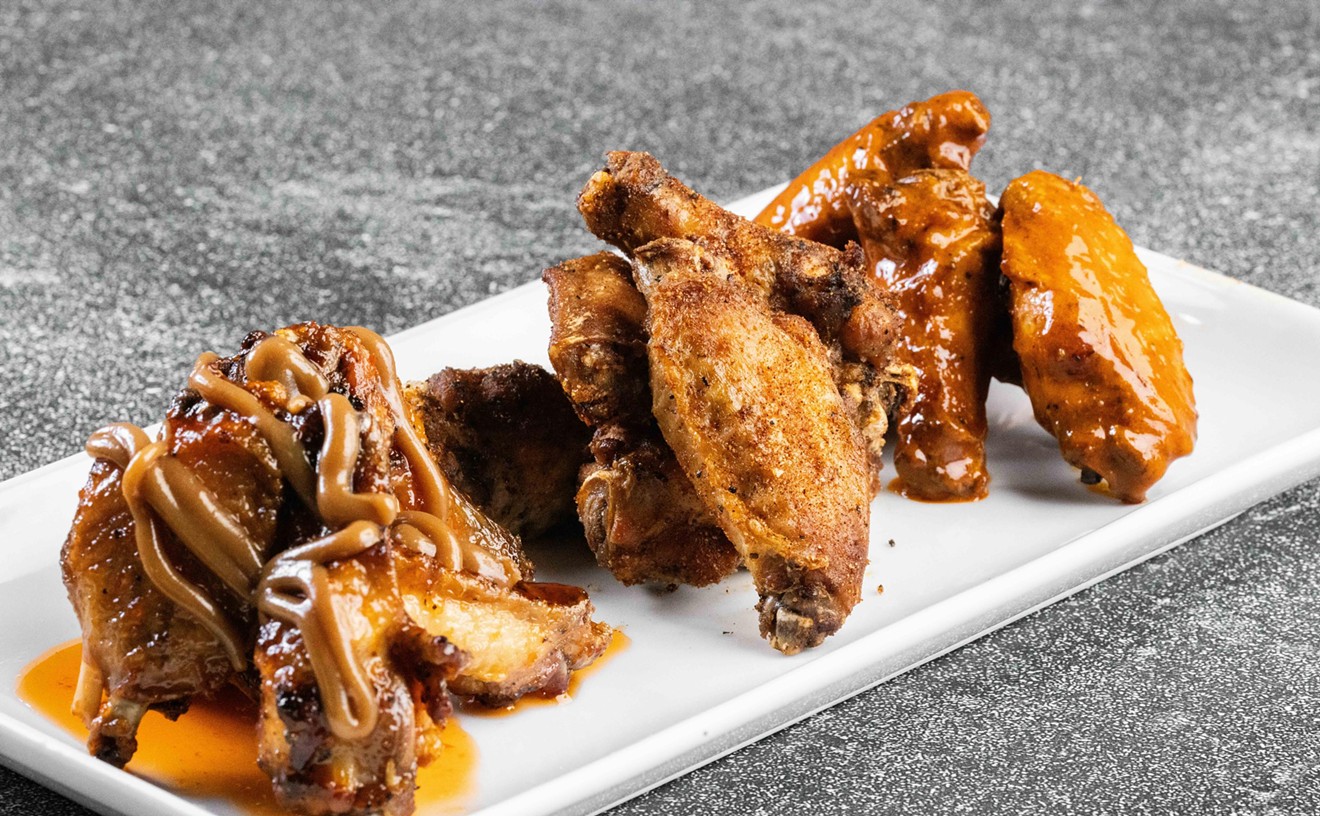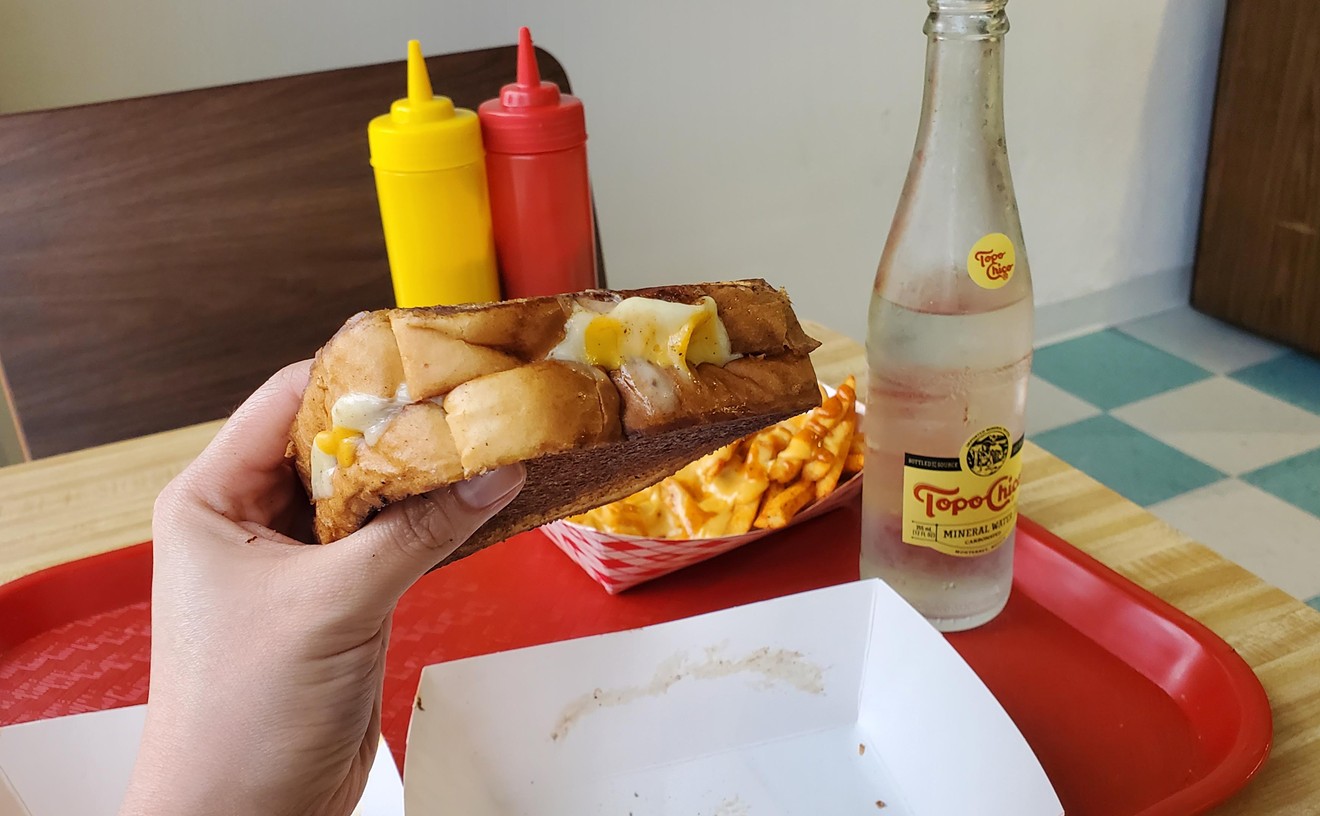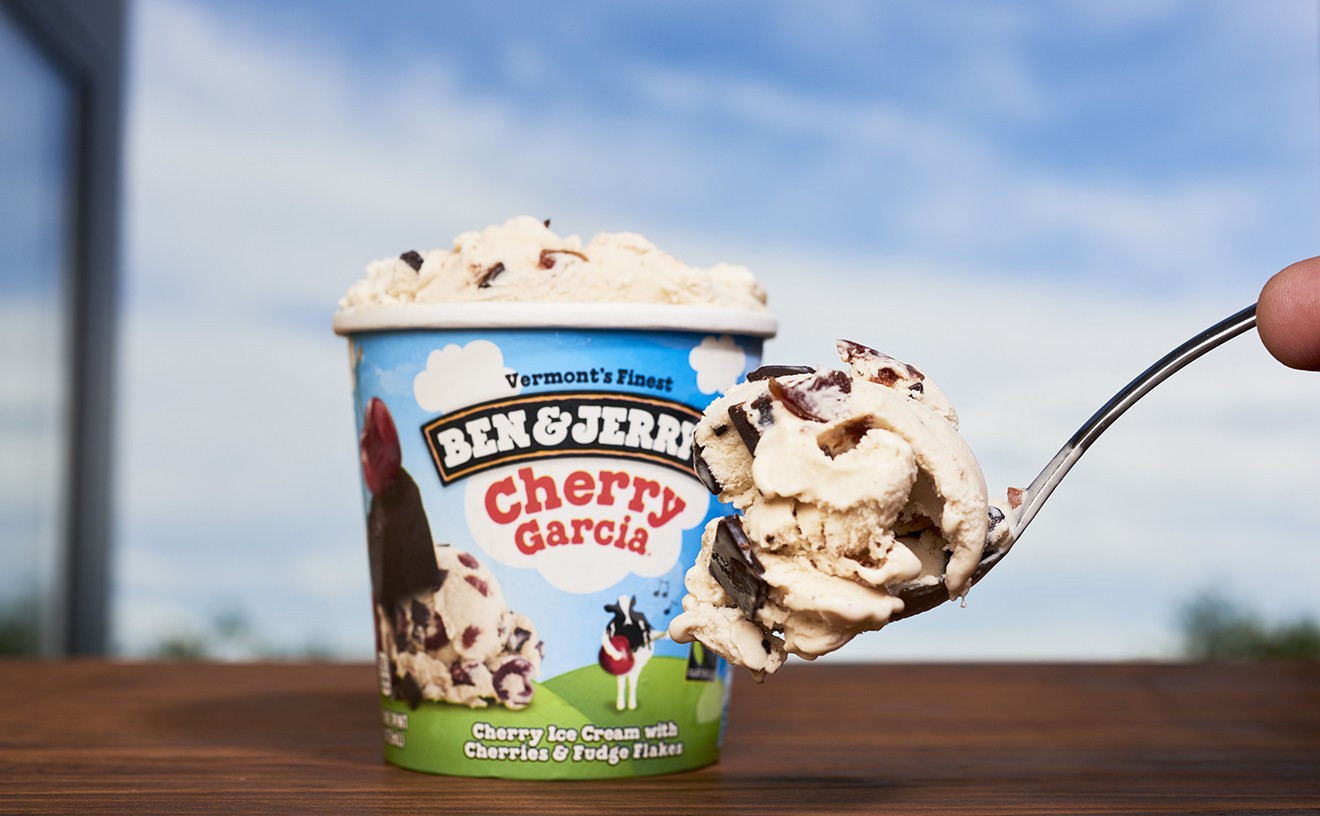While riding a northbound train last week, I was struck by the conductor's judicious use of his P.A. privileges. He pointed out the San Antonio Stock Show and Rodeo. He piped up again when we rolled past Lyndon B. Johnson's alma mater. And he made sure everybody knew the train was traveling past Taylor Café, Vencil Mares' legendary barbecue shack. I thought it was terrific that Amtrak accorded the same significance to smoked brisket as a former president, and Tweeted so.
A response came back from @dessertfortwo: "I think Taylor Cafe is worth it! It's the best BBQ I've ever had! Am I wrong?"
Most food lovers would counsel there is no wrong when it comes to favorites. If you like your tuna fish topped with whipped cream and curry powder, by golly, that's the right way for you to make your sandwich. Inclusive eaters believe "best" is subjective: It's an argument I've occasionally used when called upon to defend my reviews and opinions.
But in his recent book, Reading Between the Wines, wine importer Terry Theise argues his industry hasn't been well served by such populist impulses. Theise doesn't begrudge drinkers the right to like whatever swill they prefer, but chastises fellow professionals for not correcting less experienced drinkers when they wrongly swoon over a corked bottle or pair Barolo with oysters.
Theise draws an analogy from baseball: It's fine if your favorite player's a 42-year-old journeyman who spends most of the season on the disabled list. But arguing he's a better player than Albert Pujols is preposterous.
While Theise is writing about wine, much of his book is really about the restoration of wonder. He believes promiscuous declarations of "best this" and "best that" deny drinkers the opportunity to discover wines that are technically better and, in turn, far more rewarding.
Theise acknowledges the wine lovers who espouse a "no rules" philosophy are well-meaning: They assume amateurs will eventually transfer their enthusiasm for oak-powdered Chardonnay to a gorgeously crafted German Riesling. But it's just as likely the drinker will stick to his grocery store wine, wondering why fancy grape juice commands so much money and attention.
So back to @dessertfortwo: Not knowing what other barbecue you've eaten, I have no idea whether it's the best barbecue you've ever had. But I know many serious barbecue aficionados don't consider it the best barbecue they've ever had (although I liked the brisket I ate there.) Perhaps its crust, or its flavor, or its fattiness didn't measure up to their standards. Are you wrong? To find out, you'll probably have to read about pit smoking, get to know barbecue devotees and eat a ton more meat. In other words, you'll have to delve into the learning and befriending and enjoying that makes food fascinating. Have fun.










